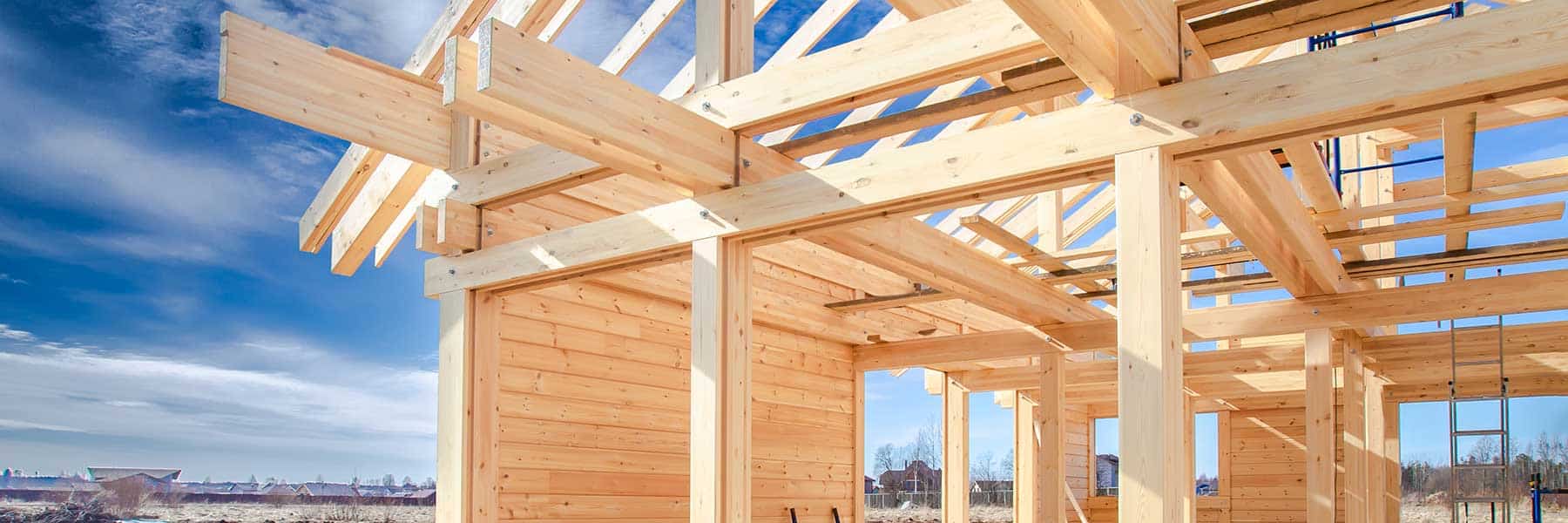It’s a dream of many Kiwis to build their own home. Once you find the right land and complete the purchase, it’s only natural to get carried away imagining your new home, designing it and dreaming of the future before considering the cold-hearted practicalities that come with construction, including the (sometimes painful) process of entering into a residential building contract with your builder of choice.
New Zealand law requires residential building contracts to be in writing and contain specific information. However, not all building contracts are the same, and often there are pitfalls which may not be noticed by someone who doesn’t have the right experience with these sorts of contracts. Something that concerns most people is the ability for cost escalation. When signing a building contract, most people expect the price to be relatively fixed; this is often a requirement of banks also. However, these contracts usually provide a multitude of ways for cost escalation, and it’s essential to be aware of these so you can mitigate the risk of ever-increasing cost.
Prime cost and provisional cost sums
These sorts of costs are frequently referred to as “PC sums”, these are sums where the cost of particular materials or work are not known at the date the contract is entered into, and a placeholder sum is used instead. PC sums often relate to things like the kitchen joinery, carpets and appliances. If the actual cost is more than the PC sum recorded in the contract, then usually the landowner is responsible for that additional cost.
Generally speaking, builders don’t give any warranty in terms of the accuracy of PC sums, and it is up to you to ensure that the PC sums are an accurate reflection of the expected cost. By noting the standard and quality you expect for the relevant work and materials, this is the best way to ensure there are no nasty surprises down the track.
Substitutions
Residential building contracts often include a clause which provides that if any materials are not procurable by the builder during the construction process, then the builder can substitute those materials with others which are similar in nature and quality. Any additional cost is at your expense. While this is a fairly standard clause, it does provide for risk of cost escalation. Many people will often negotiate this sort of clause, so that substitutions may not be permitted without their approval.
Unforeseen circumstances
Cost escalation can also result from unforeseen circumstances; these differ in all building contracts. Some examples of these unforeseen circumstances include additional works being required due to weather issues, additional work being required due to ground conditions, variations required by the Council before issuing their final sign-off etc. In some situations, these sorts of provisions are fair and reasonable, and in others, they are simply not fair at all.
Negotiating the ability for cost escalation is an integral part of your lawyer’s role in advising you on your residential building contract.
For More Information
At JB Morrison, our property team is experienced in residential building contracts. We can assist you with ensuring your building contract is fair and reasonable in your particular situation and ensures you are protected from unnecessary risk.
If you are considering entering into a residential building contract, come and see our property experts at JB Morrison. You can contact Zaneta Aislabie on 04 495 8911, or email zaneta.aislabie@morrisonkent.com to book your consultation today.

